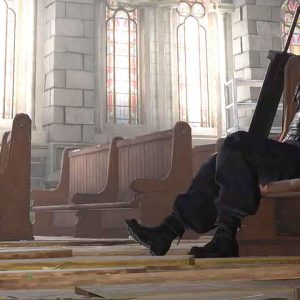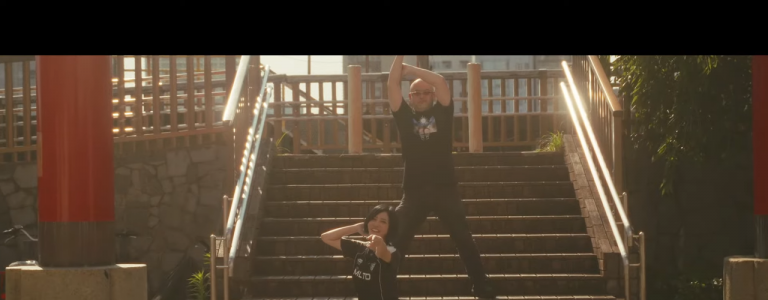I’ve been rewatching Netflix’s smash-hit anime adaptation of Konami’s vampiric video game series, Castlevania, to stave off my anticipation for its upcoming sequel, Castlevania: Nocturne. Unsurprisingly, the show is still a triumph among animated video game adaptations, thanks to its lore-accurate combat, exceptional character designs, and stellar voice acting. But what I find most impressive about Castlevania is how it is able to turn Isaac the Forgemaster, the once-bit-player antagonist and “least interesting man in Dracula’s castle,” into the most compelling character in the show. I can only hope that Nocturne, starring Richter Belmont, the last descendant of the vampire-killing Belmont clan, can deliver similarly fascinating characters through exceptional writing.
Read More: Castlevania: Nocturne’s New Trailer Drips With Action, Incredible Animation
Isaac makes his first appearance in the series as one of Dracula’s two loyal human allies who aid him in the extinction of humanity. We learn that Isaac was once a slave who fell in love with his enslaver and learned magic to help him before taking his enslaver’s life to protect himself. While Isaac’s harrowing backstory explains why he would join Dracula in his crusade against humanity, we don’t truly see him act as his own, standalone character until he’s shoved from the safety of Dracula’s protection back into the regular human world he turned his back on at the end of Castlevania season 2. Though fans wrote off Castlevania season 3 as a weaker season for its slow-burn pacing, it gave heroes and villains alike time to wrestle with the fallout of their actions and, most importantly, instilled some much-needed agency into Isaac.
Throughout the season Isaac wanders the land ducking hostile bandits and transforming the dead into an army of night creatures to take revenge on the vampires who betrayed his Dracula. In his travels, something strange starts to happen—Isaac encounters tiny acts of kindness from people he’d written off as inconsequential in his pursuit of vengeance, which causes his steel resolve to give way to something softer.
These conversations, be they with a shopkeeper who sells him a magic mirror revealing his desires or a wise pirate captain (played by the late Lance Reddick) who advises him to stop living out “a dead vampire’s story” when he has his to tell enlightens Isaac to a troublesome fact: He’s made no plans for himself outside of fulfilling Dracula’s dream. These experiences lay the groundwork for Isaac’s character development, transforming him into a man who no longer sees only cruelty in humanity, but opportunities to be better.
Read More: Castlevania’s Netflix Showrunner On Humanizing Villains And What’s Wrong (And Right) With Games
Every time a scene with Isaac began, especially if it involved Flyseyes or The Captain, I reflexively sat forward in my seat in expectation of the delicious volley of dialogue he and an idealistically opposed character would engage in. It’s not often that a show can “Zuko Alone” its villain à la Avatar: The Last Airbender and stick the landing, but Castlevania did a masterful job of it with Isaac’s character arc, turning him from a subservient tool of destruction for Dracula to wield to a man aspiring to be more than he was intended to be. Hell, Isaac’s growth over the course of the series often eclipses Alucard’s, who has an equal amount of emotional trauma to work through. Hopefully, Nocturne can continue the series’s legacy by featuring characters as compelling as Isaac.
Castlevania: Nocturne will premiere on the streamer on September 28.






















